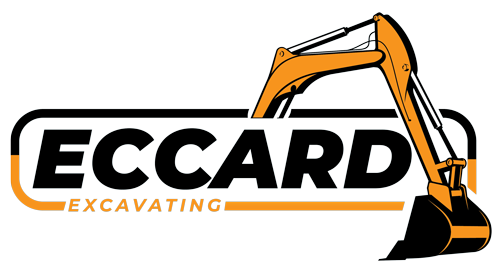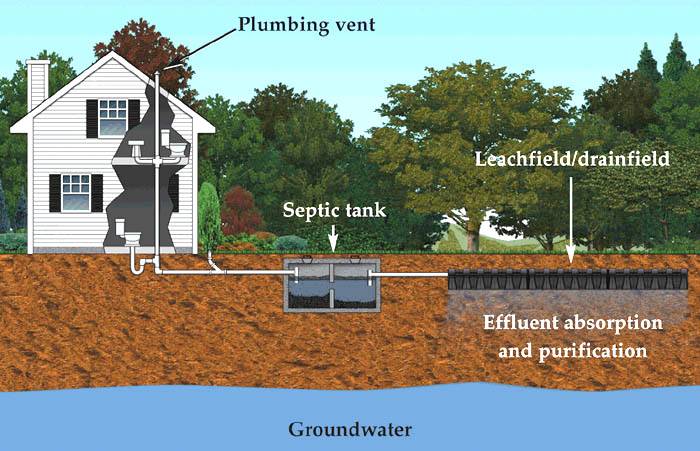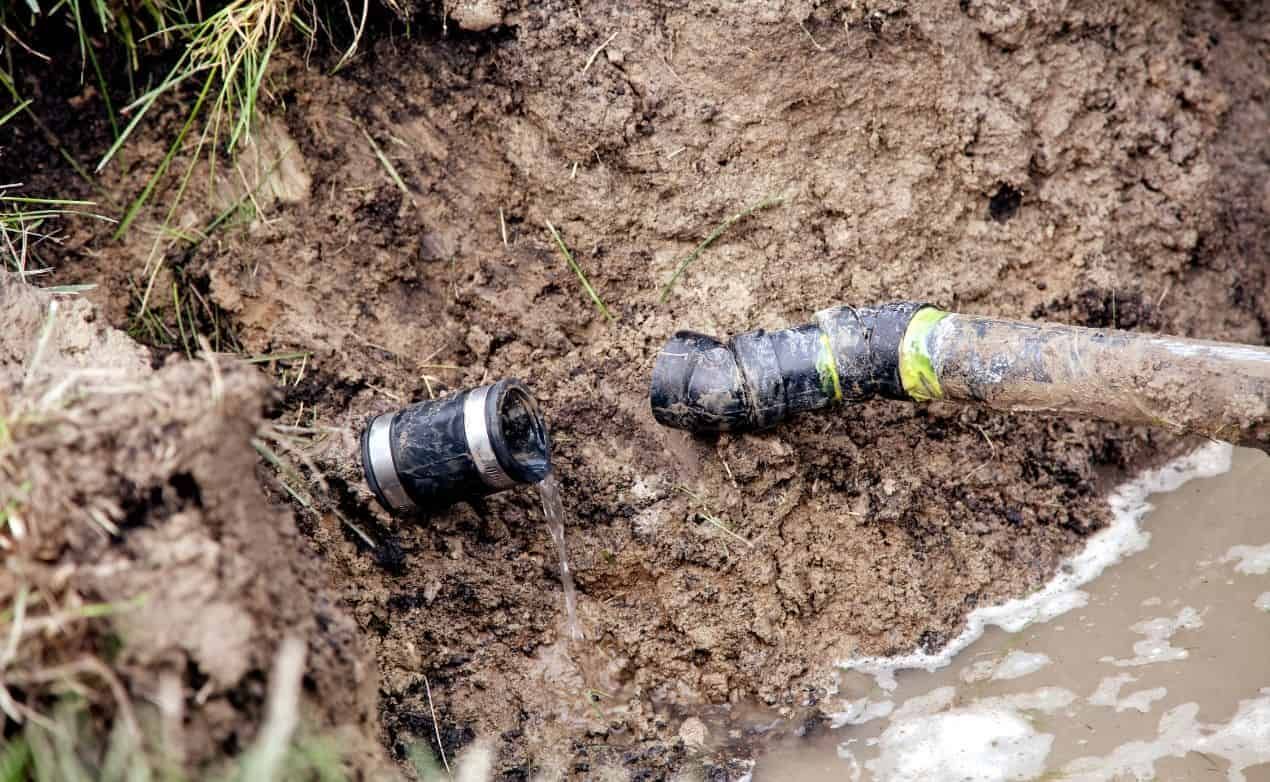Quality Look After Your Septic Tank
Maintaining a septic system might not be the most thrilling subject, but it is definitely an essential element of homeownership that requires attention. Proper maintenance is crucial to avoiding pricey repair work and making sure the durability of your septic system.
Relevance of Normal Evaluations
Regular evaluations of your septic system are crucial for ensuring its appropriate functioning and long life. By performing regular evaluations, you can detect any type of prospective problems at an early stage, protecting against expensive repairs or substitutes down the line. Septic systems are important to managing house wastewater in areas without accessibility to local sewage system systems, making their upkeep paramount.

During an examination, an expert will assess different components of the septic tank, such as the storage tank, pipelines, and drainpipe field. They will certainly look for indications of leakages, obstructions, or other damages that can restrain the system's effectiveness. Additionally, experts will review the degrees of residue and sludge in the storage tank to determine if pumping is required.
Routine assessments additionally add to environmental management by guaranteeing that the septic system is running successfully and not infecting the surrounding soil or groundwater. By investing in routine evaluations, home owners can lengthen the life-span of their septic tank and stay clear of the aggravation and expenditure of system failings.
Correct Waste Disposal Methods
Effective management of waste from your septic system is essential to stop ecological contamination and keep the system's functionality gradually. Proper waste disposal methods include bearing in mind what drops the toilets and drains pipes attached to the septic tank. To make sure ideal efficiency, avoid purging non-biodegradable items such as paper towels, wipes, feminine health products, and chemicals like paint or electric motor oil. These items can obstruct the system, disrupt the natural failure of waste, and hurt the environment.
Additionally, it is important to restrict the usage of antibacterial soaps and rough chemicals that can interfere with the balance of microorganisms in the sewage-disposal tank vital for breaking down waste. Instead, select septic-safe cleaning items that are biodegradable and environmentally friendly.
Regularly draining the septic system every 3-5 years, relying on household dimension and water usage, is also vital to protecting against solids from developing up and clogging the system. By following appropriate waste disposal strategies, you can make certain the long life and efficiency of your septic system while securing the setting.
Understanding Your Septic tank's Capacity
To make sure the proper performance and durability of your septic system, it is critical to have a clear understanding of its capability and limitations. The capacity of a septic system refers to its ability to successfully manage and deal with the wastewater produced by your household. like this This ability is identified by variables such as the size of the container, the drain area's dimensions, dirt leaks in the structure, and the water use routines of the passengers.
Comprehending your septic system's ability is crucial for protecting against overloading, which can result in back-ups, smells, and system failings. By recognizing the constraints of your system, you can change your water use, schedule normal maintenance, and stay clear of practices that can strain its capacity.
Normal inspections by a specialist can aid evaluate your septic system's existing capability and determine any potential concerns that may impact its efficiency. By remaining educated and aggressive, you can guarantee that your septic system operates efficiently and successfully for several years ahead.
Preventative Maintenance Tips

Signs of Possible Septic System Issues
Frequently evaluating your septic tank for any kind of indicators of prospective issues is crucial in preserving its optimum performance and avoiding expensive repairs. One usual indication of a septic tank problem is sluggish drainage in showers, bathrooms, or sinks. This can suggest a clog or a full septic container that requires to be pumped. Foul smells around the sewage-disposal tank or drainpipe field are another red flag. These odors might recommend a leak or a back-up in the system that needs immediate attention.
Pooling water or excessively rich lawn development above the drain field could indicate an issue with the system not correctly draining. Furthermore, if you observe sewer back-ups in your drains or commodes, it is a clear sign of a septic system issue that calls for timely professional treatment.
Conclusion
In verdict, maintaining a septic system is vital for guaranteeing its longevity and efficiency. Identifying the indicators of potential septic system issues early on can likewise aid avoid major troubles in the future.

During an evaluation, a professional will analyze numerous components of the septic system, such as the container, pipelines, and drainpipe field.Effective management of waste from your septic system is vital to protect against environmental contamination and preserve the system's capability over time. Proper waste disposal techniques entail being mindful of what goes down the toilets and drains connected to the septic system. Additionally, if you discover sewage back-ups in your drains or toilets, it is a clear indication of a septic system problem that requires punctual specialist intervention.